HUBC’s base plant expiry: What is next for the power giant?
The expiry of the Hub Power Company Limited (HUBC) Hub plant marks a significant shift in Pakistan’s power landscape, particularly among IPPs. The powerplant is responsible for a substantial portion of the company’s EPS.
With the federal government considering not renewing agreements with IPPs whose Power Purchase Agreements (PPAs) have expired, the early retirement of HUBC’s base plant is under scrutiny.
This decision carries financial and operational implications for HUBC, which could ripple across the industry.
📢 Announcement: We're on WhatsApp – Join Us There!
Should HUBC shareholders be concerned?
The early termination of HUBC’s base plant could allow the company to receive advance capacity payments, which could expedite the conversion of the plant from Residual Fuel Oil (RFO) to Thar coal.
This early termination is unlikely, as the government doesn’t have the capacity to pay the next 3 years’ worth of capacity payment upfront. However, from HUBC’s point of view, this would be a positive development.
The important things to consider for the government is whether this plant can be converted to Thar coal.
Don't miss:
- Which cars are driving the rally in auto stocks?
- 5 High ROE stocks according to Topline Securities
- Why TPLP could go higher.
By tapping into local Thar coal, HUBC could reduce Pakistan’s dependence on imported fuels, which have historically been a financial burden, and align with the national shift towards more sustainable energy sources.
According to the company’s recent financial statements, the strategic pivot towards Thar coal could improve profitability and solidify HUBC’s position as a key player among IPPs in Pakistan.
The shift to Thar coal is seen as a means for HUBC to maintain and even strengthen its market standing in an increasingly competitive environment.
As other IPPs face the challenge of renewing or losing their PPAs, HUBC’s proactive steps to secure alternative revenue streams and improve operational efficiency could set it apart from its competitors.
⚠️ This post reflects the author’s personal opinion and is for informational purposes only. It does not constitute financial advice. Investing involves risk and should be done independently. Read full disclaimer →

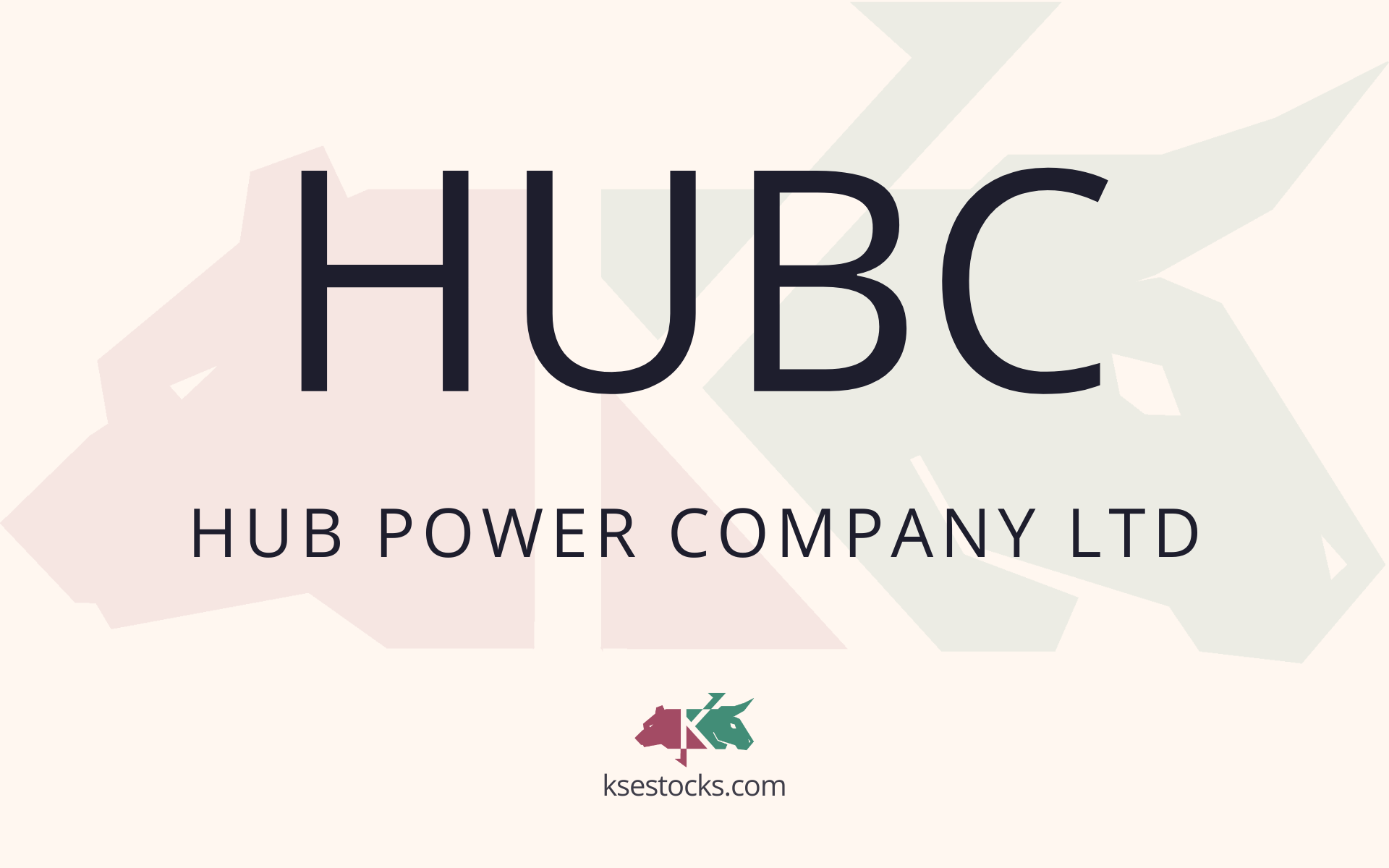




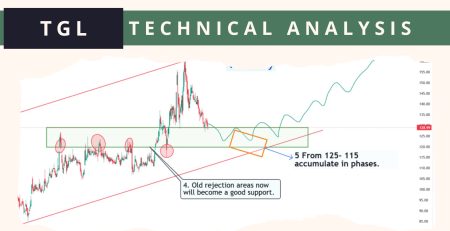
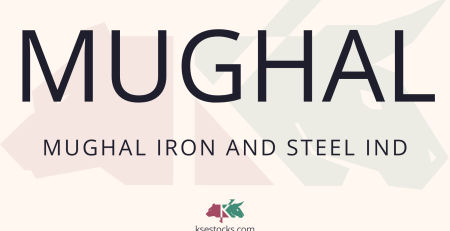


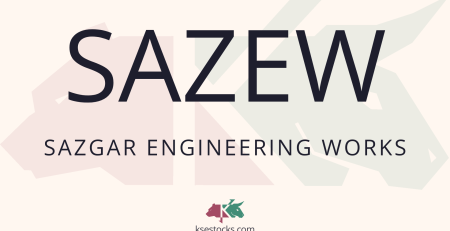


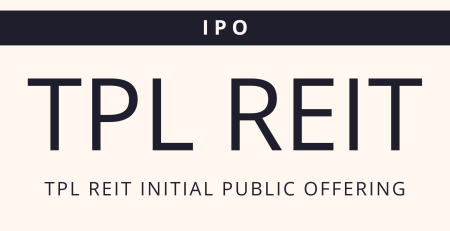
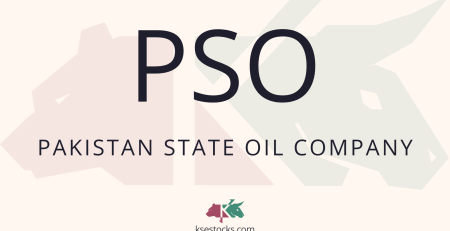
Comments (2)
Reading your analysis right now after HUBC losing 40% in share price and still in downtrend i think you made a terrible mistake in your analysis. Where did you go wrong? Can you do a another analysis wherein if you could kindly elaborate what factors you missed that caused this intense negativity in HUBC. Market is never wrong.
HUBC was supposed to receive over 60bn in revenues from its base plant till expiry in 2027. But the govt terminated its contract, which is what caused the price crash. It fell by about the same value as the present value of the cash it was supposed to receive.
On the bright side, it not only received 37 billion in prior receivables but also got 26 billion that were supposed to be paid to PSO waived off.
2 more power plants may also get their tariff revised, which will keep the stock under pressure. Also dividend expectation isn’t much for FY25.